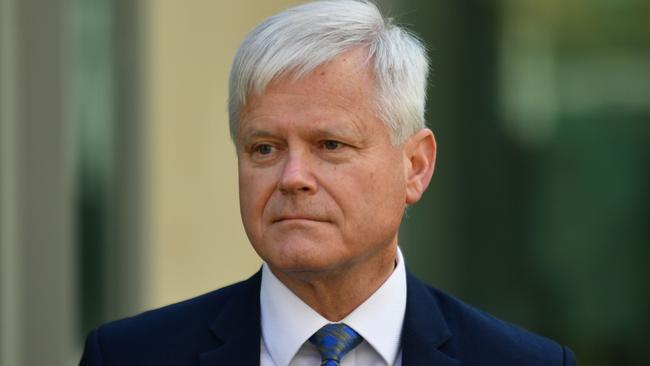‘Rivers of gold’ pouring into Australia’s economy
The ‘rivers of gold’ pouring into the federal government show no immediate signs of slowing, with next year’s budget projected to end a decade of deficits.
VIC News
Don't miss out on the headlines from VIC News. Followed categories will be added to My News.
The “rivers of gold” pouring into the federal government’s coffers show no signs of slowing, a report by Deloitte Access Economics says.
With Prime Minister Scott Morrison preparing to go to an election in the first half of next year, the latest “Budget monitor” report predicts the economy to be $27 billion bigger this year than official projections suggested.
Australia’s decade of deficits is also drawing to a close, with the bigger economy and company profits likely to put the Budget in surplus from next year.
“And when the economy smiles, the Budget beams,” report author Chris Richardson said.
“Relative to the official Budget forecasts, there’s good news galore in profits and jobs.”
The Morrison Government is next year expected to deliver the first surplus in more than a decade, according to the Deloitte figures.
TERRY MCCRANN: OIL COSTS SET TO SHAKE THINGS UP
PM’S ANTI-TERROR LAW COULD BREACH GLOBAL AGREEMENTS

Mr Richardson said the growing economy had the Budget “marching towards a surplus”.
He said much more of the money being generated was going into government coffers than ordinary Australians’ bank accounts.
“Revenues are turbocharged. Federal revenues are a quarter of national income,” Mr Richardson said.
“But the tax system really outperforms in upswings: a stunning 47 per cent of the entire increase in national income this financial year and last is going into Canberra’s pockets.
“So almost every second dollar has gone to the taxman rather than staying in the hands of families and businesses.”
But Mr Richardson said there could be some bad news on the horizon, with China’s growth weakening and bank profits allowing as they tighten up their lending criteria.
“Australia’s decade of deficits is drawing to a close,” Mr Richardson said.
“The oldest mistake in the budgetary book is to take the good fortune of the moment — with revenues sprinting much faster than the economy — and assume that will keep happening. “Commodity prices look good today in part as China is responding to a slowing economy by rolling out stimulus that boosts construction. That won’t be permanent. And bank profits are already falling.”


